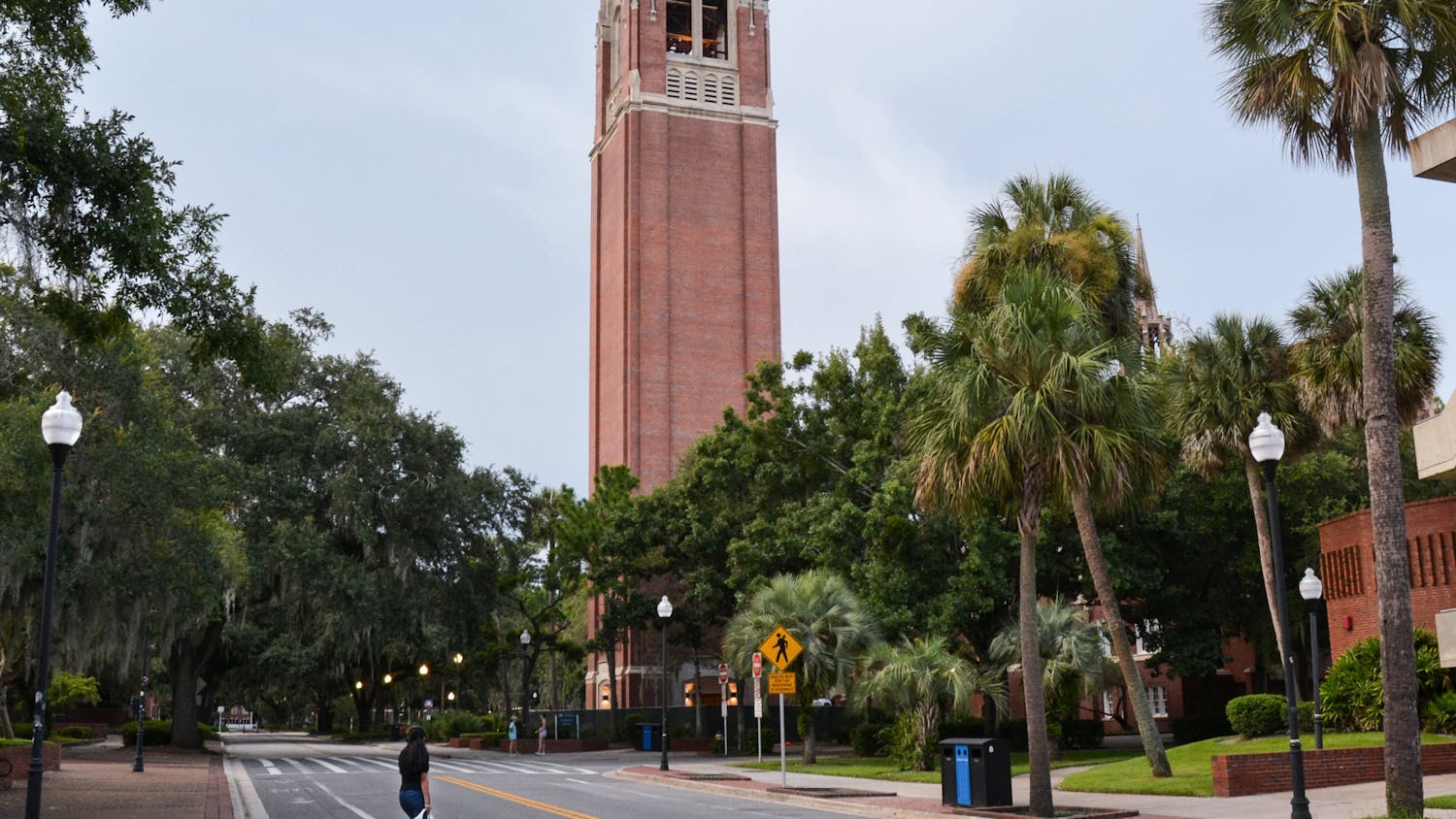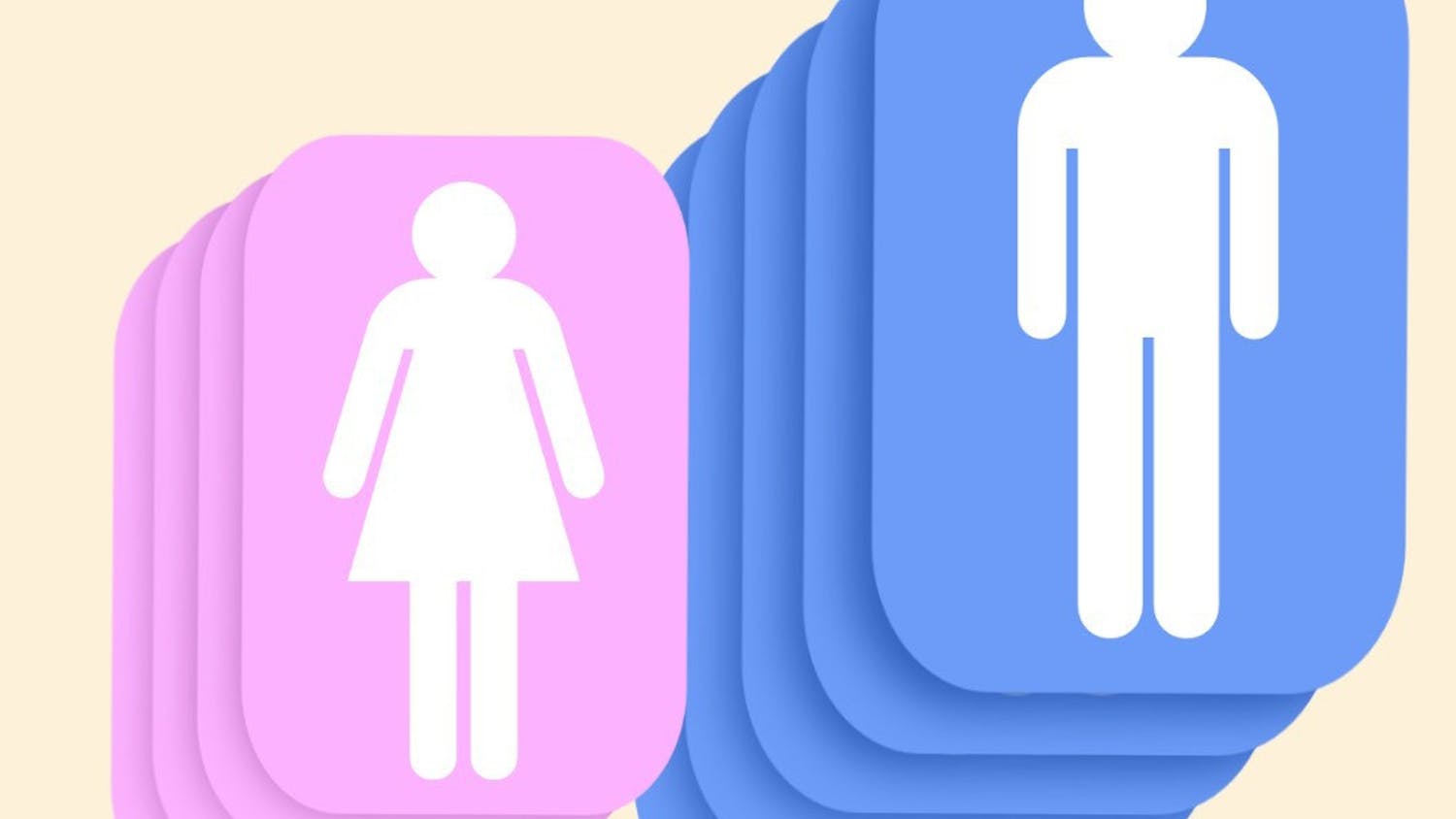Female students in science, technology, engineering and math fields experience gender bias when applying for jobs, according to a recent Yale University study.
But faculty and students are trying to prevent that bias from impacting UF’s campus.
Solutions lie in educating employers and teaching female students to promote their skills, said Teresa Balser, dean of UF’s College of Agricultural and Life Sciences.
“I suspect it is just as big a problem at UF as at any other university,” she said. “Now that I know the study is out there, we can ensure there isn’t a bias against students.”
The study, which was published online Sept. 17 by the Proceedings of the National Academy of Sciences, assigned fake male and female names to identical mock applications for a lab manager job, said Corinne Moss-Racusin, a postdoctoral associate at Yale who worked on the study. Biology, physics and chemistry professors were given the applications.
The team found that male applicants were offered salaries of about $4,000 more per year, Moss-Racusin said. Most professors said they would choose the male applicants before the female applicants to mentor or to bring to conventions.
Moss-Racusin wasn’t shocked that female professors were just as likely to be gender-biased, but the bias was stronger than she expected.
“It shows how pervasive these biases are in our culture about women not being as good of scientists and those kinds of messages,” she said. “There was no difference between young or old professors or those in fields with less gender parity. Their bias seems to be evenly distributed.”
Jean Larson, a professor in UF’s mathematics department, said she was not surprised by the study’s findings. She said she had seen previous studies come to similar conclusions.
“Almost all of the people in the mathematics department are male,” Larson said. “It’s been that way for a long time, but it’s a lot better now than when I started in 1974.”
Larson said she was the first woman to get a doctorate in mathematics at her graduate school, Dartmouth College, but she has not felt discriminated against.
Kent Crippen, associate professor of STEM education in UF’s College of Education, said the study implies the bias is deeply rooted and requires a new approach to correct it.
“If it’s unconscious bias, it tells us we need a whole different approach,” he said. “It’s much more subtle than we think it would be. They don’t say ‘No, you can’t,’ or ‘You’re not capable,’ but they send messages very clearly.”
Crippen said he has heard students and colleagues at UF talk about the issue, but that it “isn’t necessarily connected to one place.”
The study raises concerns about the field Alina Ciornii, a 21-year-old chemical engineering senior, wants to go into. But she said she hasn’t seen effects of gender bias at UF.
As president of the Society of Women Engineers, Ciornii’s college experience has focused on spreading the word about opportunities for women in STEM fields. She said opportunities like the Career Showcase have helped her get interviews, and the club has acted as a support system, “saying, ‘It’s OK to be a woman in engineering.’”
Ciornii said she thinks that as more young women graduate with STEM degrees, the bias will diminish.
“I think a lot has to do with older generations who maybe haven’t gotten used to changes in the last 40 years,” she said. “Bias may exist, but I think the biggest thing is not to be pessimistic but not be complacent, either.”





